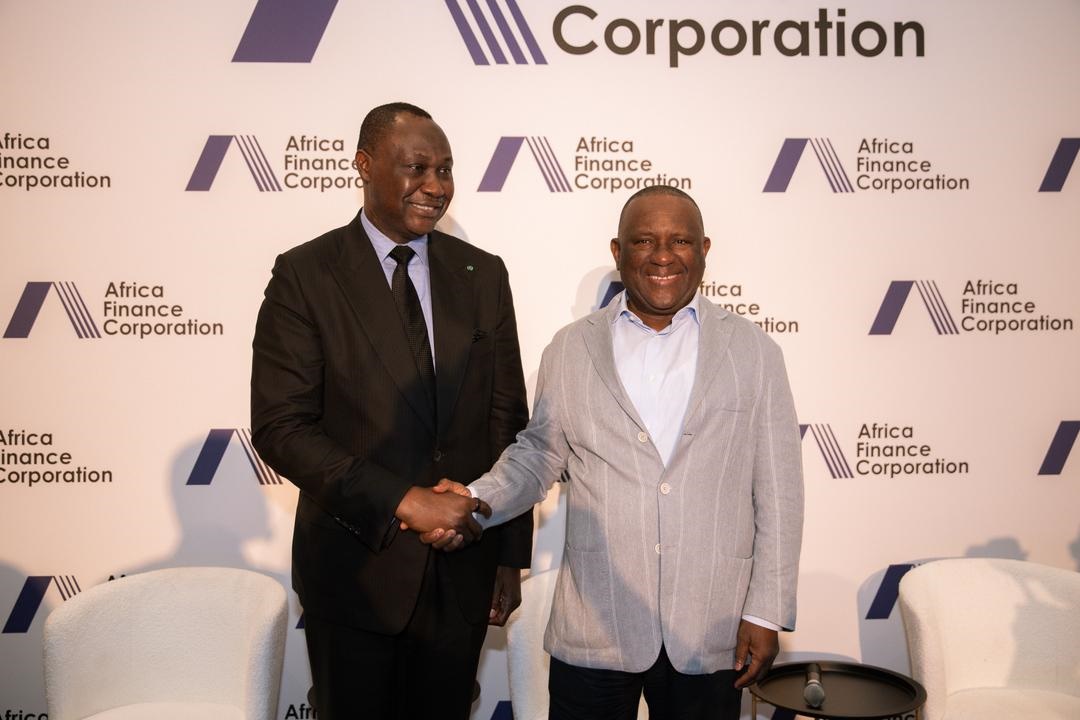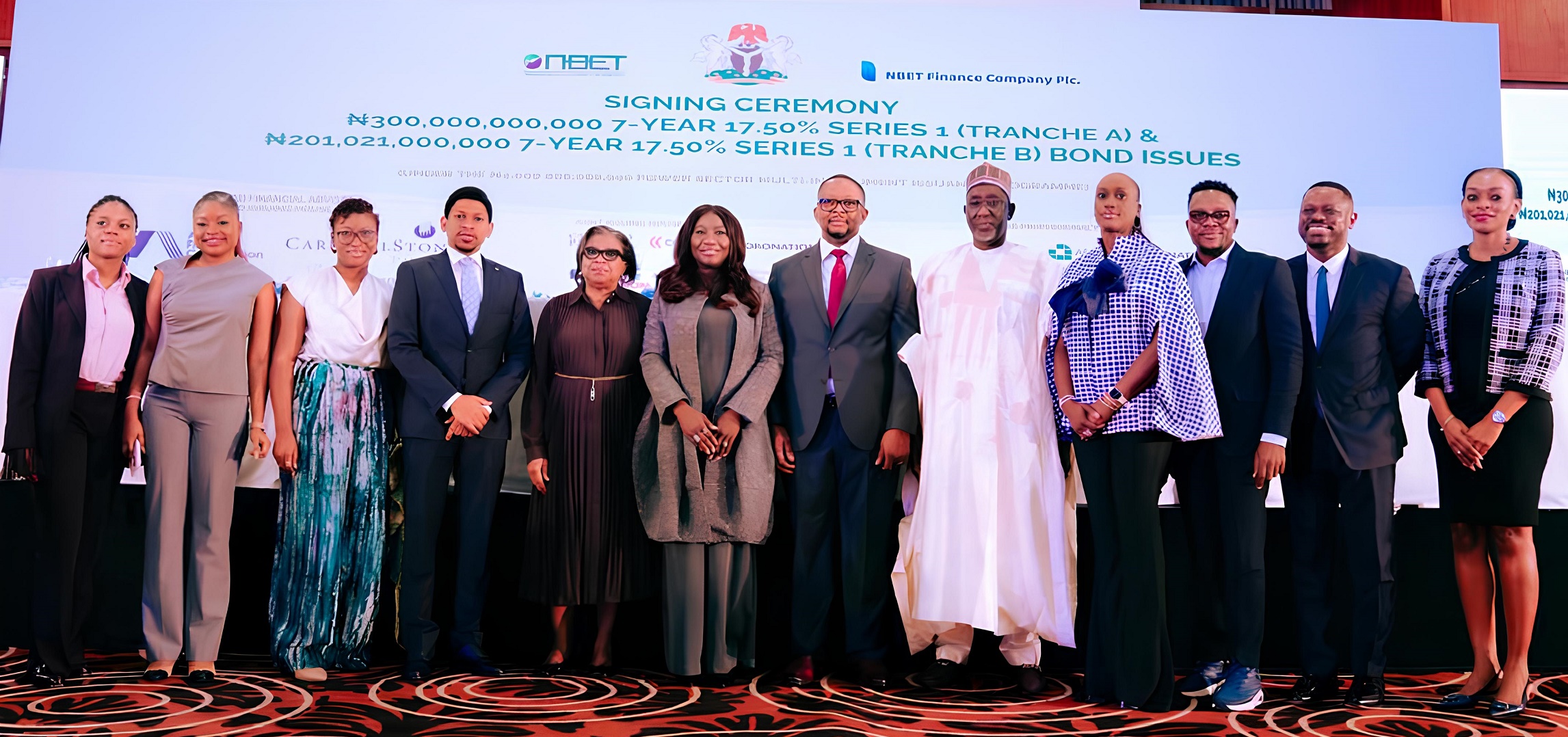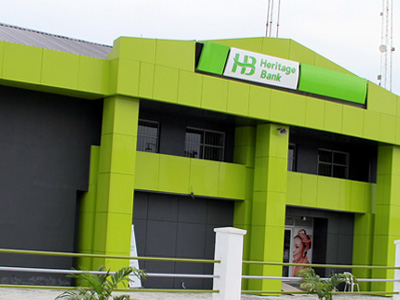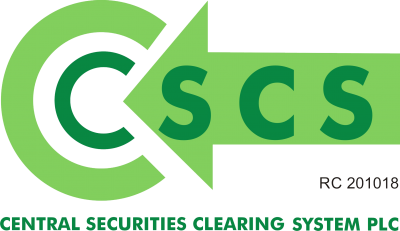
The board of Okomu Oil Palm, presented its audited result for the year ended December 31, 2017, before the opening of trading on the Nigerian Stock Exchange on Wednesday, highlights of which was that net profit grew at a faster pace than turnover of the period, following which there is a recommendation of N2.8bn dividend for approval by shareholders at the next annual general meeting, up from N1.43bn in prior year.
According to the result, turnover rose by N5.897bn or 41.05% from N14.364bn in the corresponding period of 2016 to N20.261bn, as the company cultivated 17.244ha of land, which was 7,371ha were immature and new plantings.
According to Gbenga Oyebode, the company’s chairman, plantation costs for the year were 28% higher than for 2016, even as oil extraction rates averaged approximately 22% and oil mill cost that was 37% higher, driven mainly by the increased costs of imported spares, arising from the devaluation of the Naira.
That notwithstanding, revenue from sale of palm oil products jumped by 40% from the 2016 level, while profit came 55% better; just as turnover from rubber increased by 45%, leading to net profit therefrom of N564m, as against the prior loss of N354m in 2016.
Specifically, revenue from palm oil products fetched N17.014bn, as against the previous N12.164bn; followed by the N3.196bn from rubber products from N2.199bn; while services earned N51.221m.
A further breakdown shows that N17.065bn was earned from domestic sales of its products and services, up from N12.164bn; just as export of rubber came to N3.196bn from N2.199bn.
Cost of sales rose to N4.226bn from N3.589bn, still boosted by oil palm, which accounted for N3.274bn from N2.734bn.
Raw materials and consumables used rose to N4.841bn from N3.305bn; external charges, including transport and wages, among others gulped N3.701bn from N2.658bn; as a result of which gross profit came to N16.035bn from N10.775bn.
Finance income rose to N490.894m from N291.273m in 2016, out of which interest income on placement rose to N474.303m from N177.434m, while foreign exchange gains rose to N16.588m from N113.839m.
Finance cost fell to N484.382m from N1.34bn, with foreign exchange losses dropping to N1.04bn from N288.568m, while interest on long term loans decreased to N195.814m from N300.284m. Finance cost for palm oil dropped to N407.778m from N1.135bn; while that of rubber reduced to N76.604m from N205.314m. Profit on continuing operations from palm oil rose to N7.407bn from N4.023bn; while that of rubber climbed to N1.717bn from N886.456m.
Employees’ expenses increased slightly to N832.799m from N816.933m; administrative expenses increased to N3.109bn from N1.99bn, boosted by the N1.122bn management fees, up from N723.264m, which comprises of management and technical fees (3% of Profit before tax and 3% of net sales of the company respectively) for the year under review.
Other income increased to N153.53m from N114.734m.
Profit before tax stood at N11.14bn from N5.906bn, while income tax jumped from N996.18m to N1.992bn; leaving profit after tax at N9.147bn, as against the previous N4.91bn, representing an increase of about N4.237bn or 86.3%. The net profit translated to earnings per share of N9.50, up from N5.15, from which the directors have recommended a dividend per share of N3.00, up from N1.50 each.












